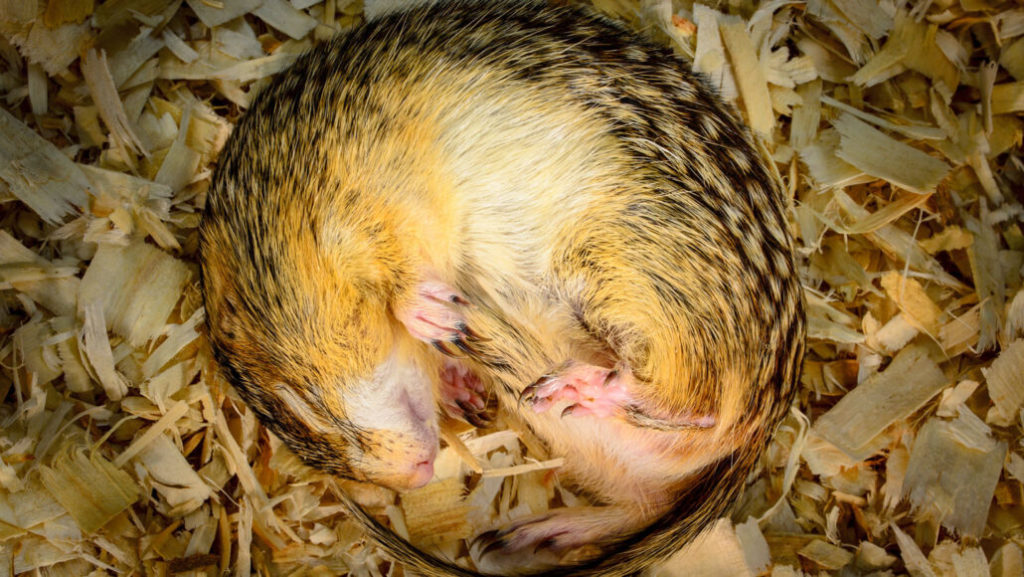MI weekly selection #453
MI weekly selection #453

Andromeda may be home to intermediate-mass black hole
The nearby Andromeda Galaxy may be harboring an intermediate-mass black hole, a kind of black hole that is yet to be observed. Scientists say evidence points to an intermediate-mass black hole in the globular cluster B023-G078, which is believed to have a stripped nucleus, a condition researchers say would be common for this kind of black hole.
Drug cocktail helps frogs regrow missing limbs
Frogs with amputated legs were able to regrow the missing limbs thanks to a cocktail of drugs applied to the stump, according to findings reported in Science Advances. Scientists applied a mixture of five drugs to the stumps of African clawed frogs, which grew back nearly fully functional limbs over a period of 18 months.
Another fusion energy breakthrough
Scientists at Lawrence Livermore National Laboratory in California have obtained self-sustaining burning plasma for a brief moment in a nuclear fusion experiment that involved 192 lasers directed at a small target inside a fuel capsule. The burning plasma milestone is a step toward the bigger goal of ignition, in which the fusion reaction generates more energy than it consumes.
AI helps researchers spot potential meteorite sites in Antarctica
Researchers have used artificial intelligence to help them create a map of the most likely sites to find meteorites in Antarctica. Searching for meteorites in that frozen expanse has been difficult, so scientists turned to machine learning to help make expeditions more successful.
Some squirrels keep muscle while hibernating
Some squirrels are able to maintain their muscle while hibernating with the help of certain gut microbes. The microbes help the animals recycle nutrients that keep their muscles in good shape, and scientists say the findings could offer clues to help treat conditions that cause muscle deterioration.